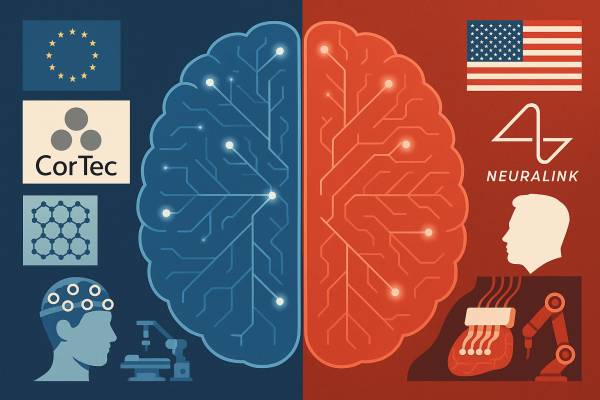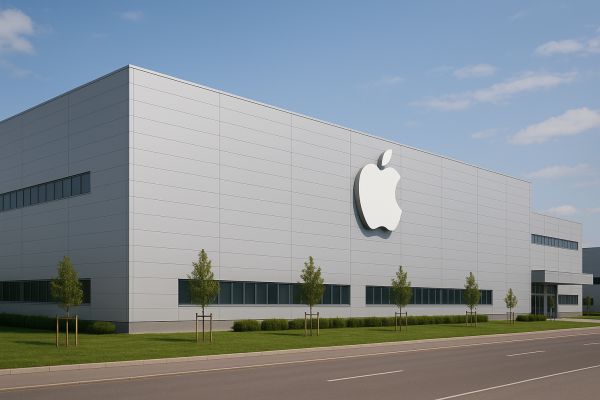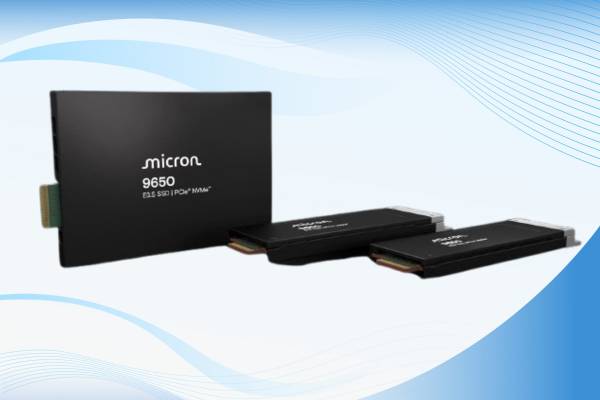Meta is opening a new chapter in artificial intelligence and robotics by creating a new group within its Reality Labs division to develop AI-based humanoid robots. These robots are designed to assist with physical tasks, joining competitors such as Tesla and Nvidia-backed Figure AI.
Andrew Bosworth, Meta's chief technology officer, explained in an internal company memo that the new robotics product line will focus on the research and development of "consumer humanoid robots," with a particular emphasis on the capabilities of the company's AI platform model suite, called Llama. The Llama platform already supports several generative AI products across Meta's social media platforms.
Marc Whitten, former CEO of self-driving car company Cruise, has been appointed to lead the group. Additionally, John Koryl joins Meta as vice president of retail, aiming to increase direct-to-consumer sales of Meta Quest mixed reality headsets and Ray-Ban Meta smart glasses.
Meta plans to develop its own humanoid robot hardware, initially focusing on household tasks. Their long-term goal is to create AI, sensors, and software that can be used in robots manufactured by other companies. To this end, Meta is already in talks with robotics companies such as Unitree Robotics and Figure AI.
This move represents a significant investment in Meta's Reality Labs division, which aims to develop technologies that will drive future growth. Despite the unit posting a loss of around $5 billion in the fourth quarter last year, the company believes this direction is key to future growth.
The development of humanoid robots is receiving increasing attention worldwide. For example, Texas-based Apptronik recently raised $350 million in funding to expand production of its AI-based humanoid robots, which are designed to perform tasks in warehouses and manufacturing plants.
According to Tesla CEO Elon Musk, there will be at least 10 billion humanoid robots worldwide by 2040, at a cost of between $20,000 and $25,000 each.
Meta's new initiatives demonstrate the company's commitment to innovation in artificial intelligence and robotics, aiming to integrate the latest technologies into everyday life to create new opportunities for users.















